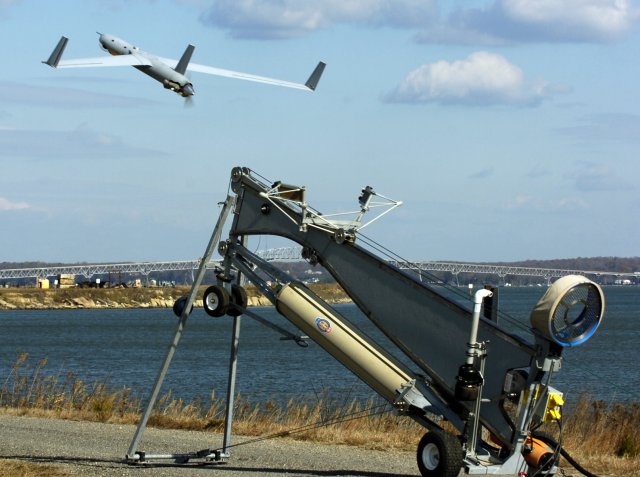Australia’s Minister for Tourism, Manufacturing and Small Business, Jan Jarratt, has announced plans to trial unmanned aircraft to catch illegal fishing vessels in waters off Queensland.
Ms Jarratt said that the Department of Employment, Economic Development and Innovation has commissioned Brisbane-based Insitu Pacific Pty Ltd to conduct a series of trials to test the technology’s use in a number of applications.
“The main objective is to test if the Unmanned Aircraft System is safer, more efficient and effective than manned aircraft,” she said. “With monitoring illegal fishing and trawling, UAS have a big advantage because they can stay in the sky for much longer and at altitudes that ensure low noise and an element of stealth, meaning their ability to catch people doing illegal fishing and trawling is much greater.”
“The nature of the trials would require the ScanEagle UAS to fly at between 2,000 and 3,000 feet for up to 12 hours, during both day and night flights.” Insitu Pacific will trial the technology using the company’s ScanEagle UAS, and Ms Jarratt said the UAS could be in the air as soon as January 2012.
“The unmanned aircraft will need to be able to demonstrate an ability to detect and record details sufficient to warrant police charges being laid and, ultimately, successful convictions,” she said. “As part of the trial, Insitu would investigate the cost and logistical effectiveness of using UAS in monitoring invasive weed infestations, demonstrating that the UAS has many potential applications, especially in remote parts of Queensland.
“For example, the aircraft could be trialled to monitor and detect the spread of the extremely invasive Siam weed which was first detected in North Queensland in 1994. “Siam weed has a phenomenal growth rate, making it a real nightmare to control.
“Early detection and eradication are vital as a single plant can produce more than 80,000 seeds a year. To make matters worse, the seeds can survive in soil for up to seven years, so complete eradication means a long period of sustained monitoring.
“The UAS trial has an added and extremely important, dimension. The big issue with using manned aircraft is the risk to human safety in undertaking what the industry terms ‘dull, dirty and dangerous’ missions. If we can avoid people getting hurt by using UAS, then of course they are worth deploying in these types of projects.”
Ms Jarratt said the trial was being run in conjunction with Fisheries Queensland and Biosecurity Queensland.
Insitu Pacific Managing Director Andrew Duggan said the company was excited at the opportunity to work closely with the Bligh Government to develop potential roles for UAS in Queensland skies. “It’s great to be involved in investigating the potential uses and application of UAS for commercial roles,” Mr Duggan said.
“Trials will go a long way to advancing the future use of UAS in commercial airspace, not just in Queensland but globally, with Queensland-based UAS companies well positioned to take advantage of market growth.
“The trials will enable us to determine both the operational effectiveness of UAS in fisheries monitoring and biosecurity roles as well as ensuring that operating the system in commercial airspace can be done safely and effectively without increasing risks to manned aircraft.”
Minister Jarratt said Queensland was home to more than one-third of the UAS market in Australia and the State was considered a world leader in UAS research and development.
** The trials are subject to CASA approval
Source: Press Release

